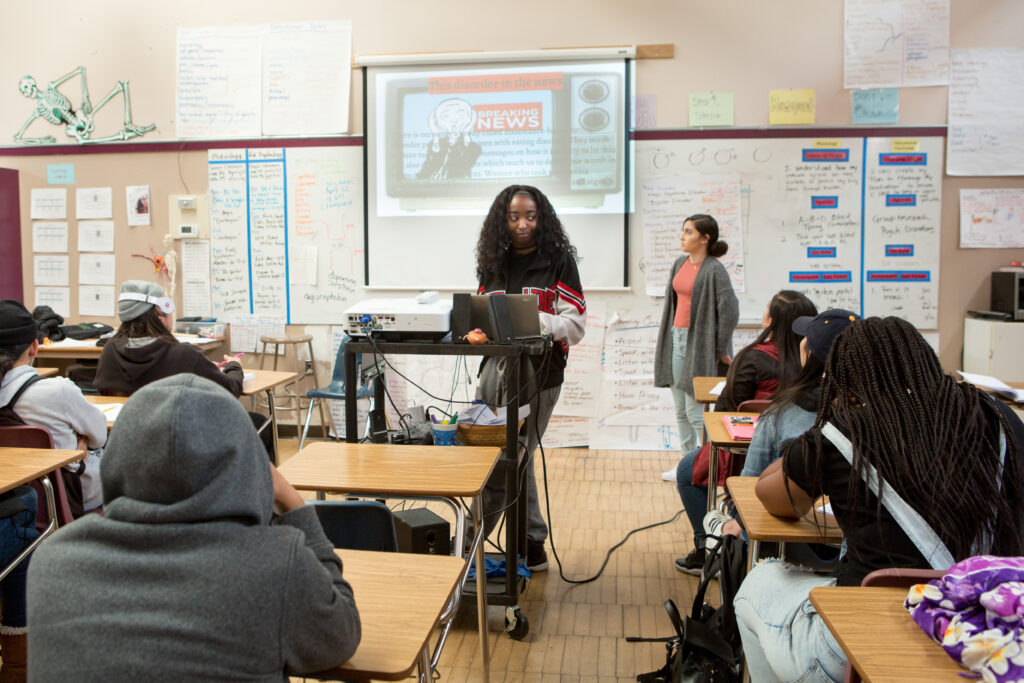Two former student activists granted the University of California, Los Angeles (UCLA) $10 million to help fund the UCLA Institution of American Cultures as the ethnic studies course gains greater acceptance.
According to a UCLA Newsroom report, a portion of the donation will be used for research projects and programs to benefit the institute. This could immediately impact the ethnic studies class and related courses.
“There is a lot of room for ethnic studies to try different things out and potentially some changes to the model of how the class is sequenced,” said Rosa Horovitz, an ethnic studies teacher at Carlmont High School.
The ethnic studies course was first introduced to Carlmont in 2021 as a class that freshmen had to take to graduate.
“I think it should be required and a full year instead of three quarters. The topics covered, like systemic racism, are important for kids to be aware of,” said Vivian Harris, a sophomore at Carlmont.
Some students, however, argue against having ethnic studies as a required class.
“I don’t think it should be a required class as it does not teach students what is necessary for the real world. It is not as influential as other core classes such as science, math, English, and history,” said Alex Kim, a Carlmont sophomore.
Because ethnic studies is in a relatively early stage in its development, it may lack a key foundation for its core ideas and concepts.
“Ethnic studies has the potential to be a good class, but 95% of the freshmen don’t care enough for it to be of value,” said Andrew Liang, a freshman at Carlmont.
With ethnic studies originally intended to be a college course, high schoolers might find the class less interesting. Even so, the class has leaped over numerous obstacles to be taught.
“The history of Ethnic Studies begins in 1968 at San Francisco State where the creation of an ethnic studies course was one of a number of demands from students who were striking over what they perceived as the racist actions of the SF State Administration,” Horovitz said. “From there, it became a college course in a number of places over the years, and eventually, it became a course that the state of California decided could be taught to high school students.”
With the new funding received by UCLA, ethnic studies may see significant improvements to its course load through more research projects.
“I think you potentially could see some more effects where it can give voices to groups that generally are left out of the dominant narrative of American history,” Horovitz said.












